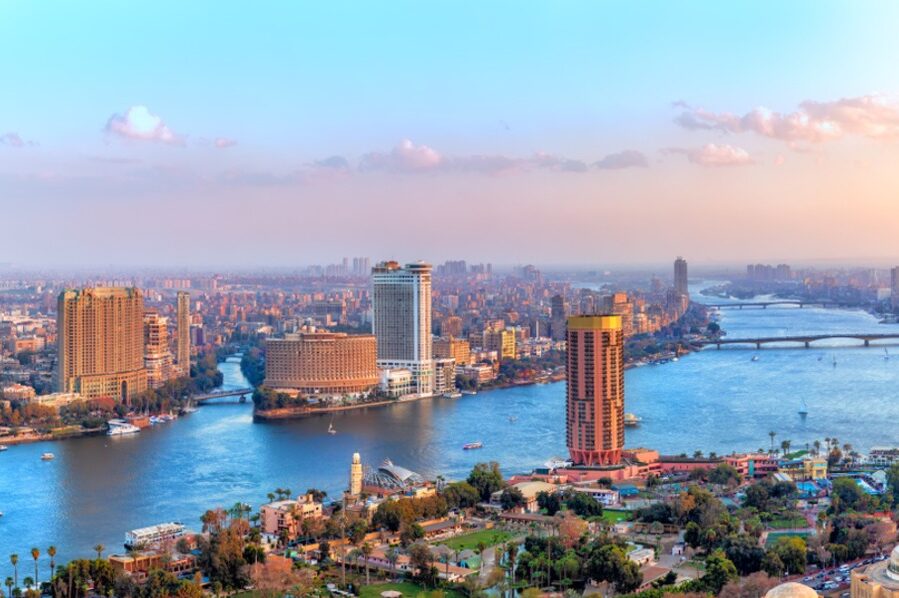Egypt’s headline inflation rate experienced a year-on-year dip in April for the first time in ten months, as softer rises in food prices helped offset the impact of the country’s ongoing currency devaluations, foreign currency shortage, and import delivery delays. Despite this, Egypt’s food inflation still remained high at 54.7%, showing an 8.2% drop from the previous month.
In March, the inflation rate stood at 32.7% but dropped to 30.6% in April.
Meanwhile, the country’s food inflation increased to 54.7% in April, which was still high but showed an 8.2% decrease from the previous month’s increase of 62.9%, according to Egypt’s Central Agency for Public Mobilization and Statistics (CAPMAS).
The country’s urban inflation also fell to 1.7% from 2.7% in March and 6.5% in February.
Read more: Egypt’s economic troubles result in a Fitch downgrade
Moody’s recently placed Egypt’s B3 issuer rating for both local and foreign currencies under review for a possible downgrade, citing the slower-than-expected progress with its state-owned asset sale and risks to its financing plans.
Egypt’s current account deficit dropped 77.2% to $1.8 billion in the first half of the country’s current fiscal year, but its Purchasing Managers’ Index (PMI) still stood below the neutral mark in April.
The financial institution disclosed that the decrease in the deficit was driven by Egypt’s current account achieving a surplus of $1.41 billion in the October to December quarter of 2022, thanks to a rise in exports and a drop in imports.
In the first quarter of Egypt’s fiscal year, there was a deficit of $3.19 billion before the country achieved a current account surplus in the following quarter.
Despite this improvement, the PMI for Egypt was 47.3 in April, indicating a contraction in economic activity below the neutral mark of 50.0, though it was higher than the March reading of 46.7.
Click here for more news on Egypt.








